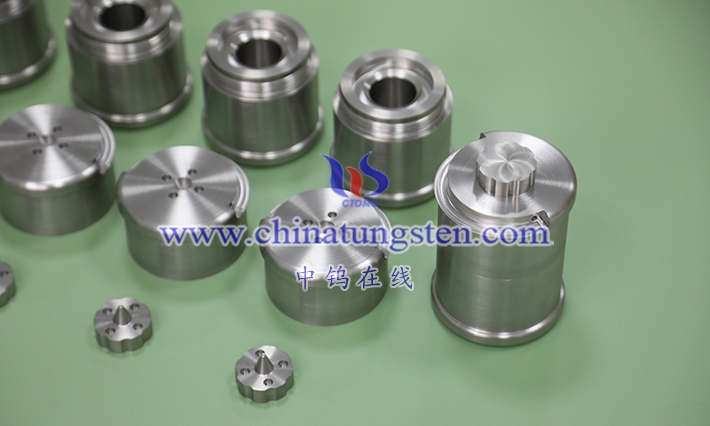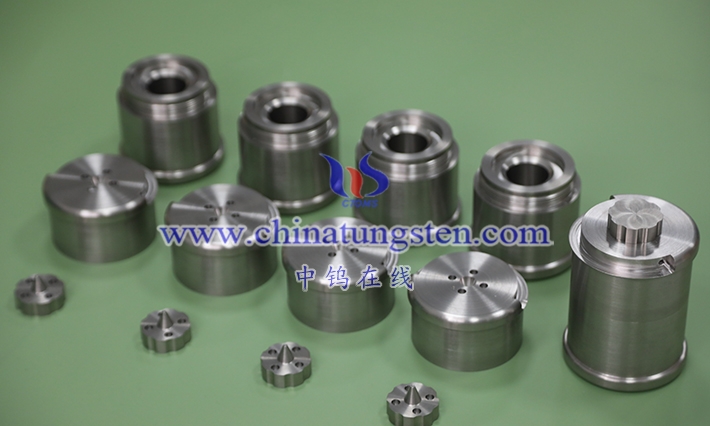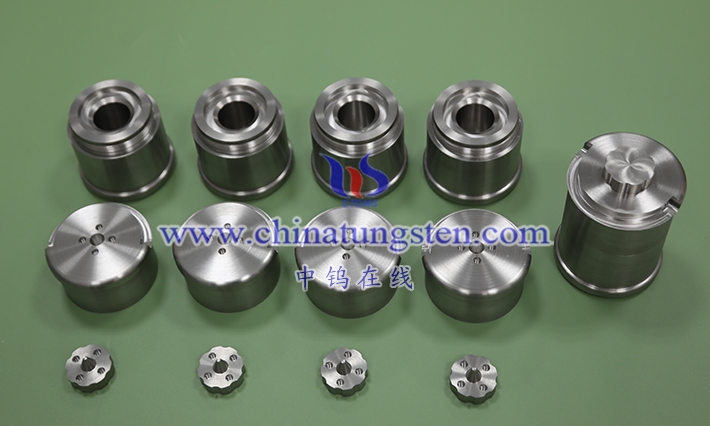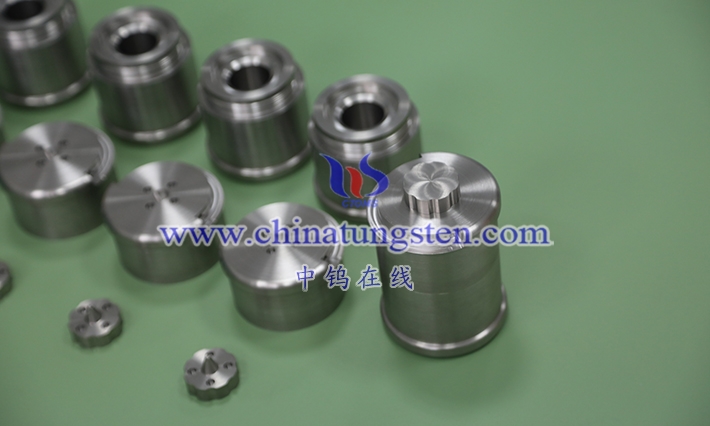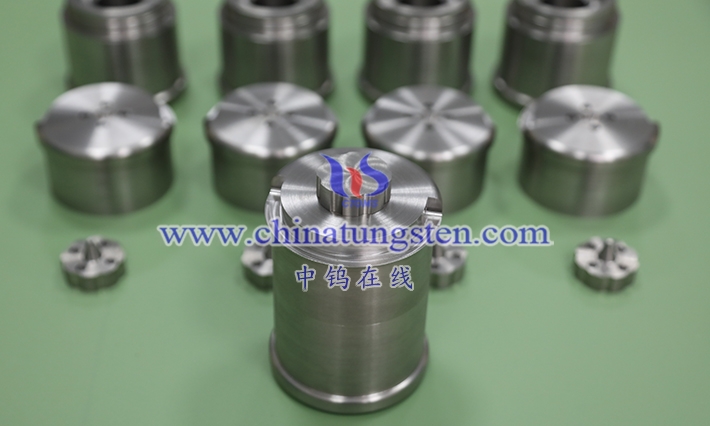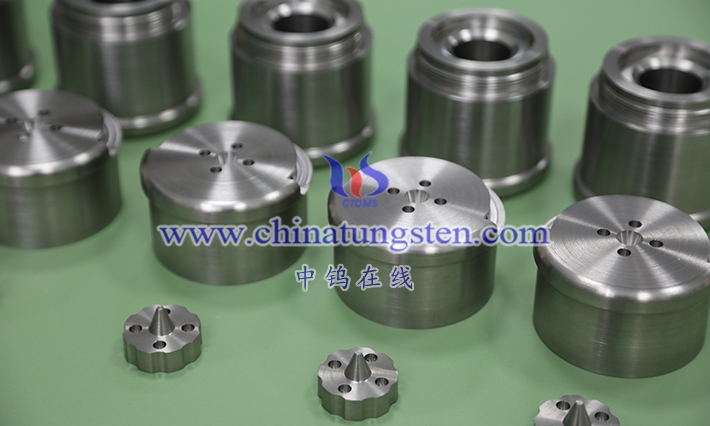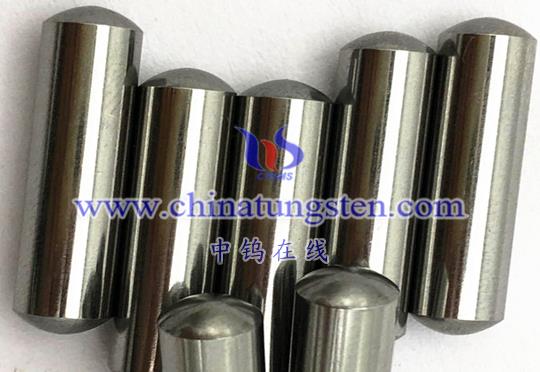
High-density alloys are a class of engineering materials often used to cope with extreme environments and special applications. These alloys often have excellent mechanical properties, corrosion resistance and thermal stability, making them suitable for a variety of applications. The various product categories of high-density alloys and their applications are discussed in detail below.
- Tungsten alloy: Tungsten alloy is a type of tungsten-based alloy that usually contains other metals such as nickel, iron or copper. These alloys are known for their extremely high melting points and excellent mechanical properties, especially high strength and hardness. The main applications of tungsten alloy include:
o Aerospace: Used to manufacture high-temperature engine components such as nozzles and turbine blades.
o Nuclear energy: Control rods and other nuclear components used in nuclear reactors.
o Electronics: Used in the manufacture of semiconductor devices and electronic electrodes.
o Drilling: Used to manufacture wear-resistant oil well drill bits.
- Tantalum alloy: Tantalum alloy usually includes tantalum and other metal elements and has excellent corrosion resistance and chemical stability. They are mainly used for:
o Chemical Industry: Used in the manufacture of chemical equipment, storage tanks and pipelines.
o Electronics: Used in the manufacture of capacitors, resistors and other electronic components.
o Nuclear Engineering: Used in nuclear reactor components.
- Rhenium alloy: Rhenium alloy is a type of high-density alloy, with rhenium as the main component and usually containing other elements. They are often used in high temperature and corrosive environments such as:
o Petrochemical: Used in the manufacture of furnace tubes and petroleum processing equipment.
o Aerospace: for high temperature engine parts.
o High temperature furnace: used in high temperature processing equipment.
- Zirconium alloy: Zirconium alloy is mainly composed of zirconium and other metal elements and has excellent corrosion resistance. Main application areas include:
o Chemical Industry: Used in the manufacture of chemical storage tanks and pipes.
o Nuclear energy: used for nuclear reactor fuel cladding.
- Tungsten-copper alloy: Tungsten-copper alloy combines the high density of tungsten and the conductivity of copper. They are widely used in the following fields:
o Electrical contacts: used in switches, relays and circuit breakers.
o RF (radio frequency) components: used in antennas and communications equipment.
o Arc welding: Used for arc welding materials.
- Rhenium-Molybdenum Alloy: Rhenium-Molybdenum Alloy is usually used in high temperature applications such as:
o Oil and gas extraction: used in drill bits and drilling tools.
o Aerospace: For high temperature engine components.
- Niobium alloy: Niobium alloy usually includes niobium and other elements. It has high temperature strength and corrosion resistance. Its main applications include:
o Aerospace: Used to manufacture high-temperature engine components.
o Nuclear Engineering: Used in nuclear reactor components.
o High temperature processing equipment: for stoves and heating elements.
- Molybdenum alloy: Molybdenum alloy combines the high melting point of molybdenum with the properties of other metals. Its main applications include:
o High-temperature furnace: used to manufacture vacuum furnaces and high-temperature furnaces.
o Electrodes: used for arc discharge and EDM machining.
o Electronic Devices: Used in manufacturing electronic components.
- Nickel-based superalloys: Nickel-based superalloys have excellent high-temperature strength and corrosion resistance and are widely used in:
o Aerospace: Used to manufacture high-temperature engine parts.
o Ships: used for ship engine parts.
o Chemical industry: used in chemical equipment.
o Electricity: used in gas turbines.
- Titanium alloy: Titanium alloy is mainly composed of titanium and other elements. It has low density, corrosion resistance and high temperature strength. Its applications include:
o Aerospace: Used in aircraft structures, engine components and aerospace vehicles.
o Medical Devices: Used in the manufacture of artificial joints and implants.
o Biomedical implants: used in human implants such as dental implants and joint implants.
- Nickel-copper alloy: Nickel-copper alloy is usually used in the following fields due to its conductive properties:
o Electronic Equipment: Used in the manufacture of electronic cables and connectors.
o Cables: used for communications and power transmission.
o Electromagnetic shielding: used in electronic equipment and radio frequency applications.
The diversity and wide range of applications of high-density alloys make them indispensable materials in various industrial fields. The properties of these alloys depend on their composition, so the selection of materials requires precise selection based on the requirements of the specific application.
More details of tungsten alloy product, please visit website: http://tungsten-alloy.com/
Please contact CHINATUNGSTEN for inquiry and order of tungsten carbide:
Email: sales@chinatungsten.com
Tel.: 86 592 5129595
